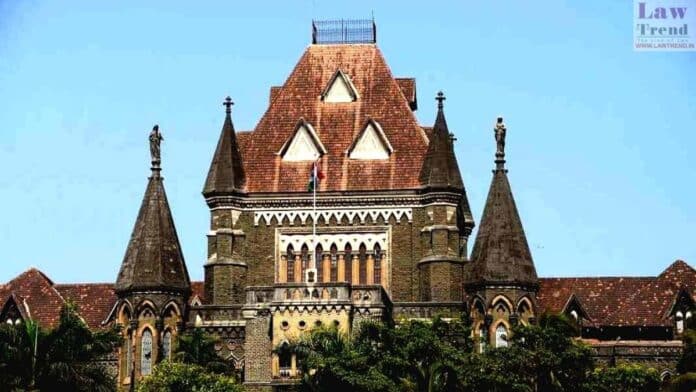The Bombay High Court has directed the Mumbai Suburban District Collector to conduct a detailed survey of land belonging to the Indian Institute of Technology (IIT) Bombay in Powai, following allegations of large-scale encroachments by unauthorised individuals, including contractors accused of using intimidation tactics and fraudulent land dealings.
A division bench comprising Chief Justice Alok Aradhe and Justice Makarand Karnik passed the order while hearing a public interest litigation (PIL) filed by petitioner Shabbir Shaikh. The PIL alleged that three contractors had illegally occupied portions of land surrounding IIT Bombay, constructed unauthorised slum-like tenements, and were collecting substantial compensation from residents under threats of violence.
The court directed the collector to carry out the survey after giving both IIT Bombay and the alleged encroachers an opportunity to present documents supporting their respective claims. If the claims of encroachment are substantiated, the court ordered the collector to remove the illegal structures “in accordance with law.”
Government pleader Neha Bhide assured the court that adequate police protection would be provided to the collector to carry out any necessary eviction action.
The PIL highlighted a growing trend of organised land grabbing, stating that criminal elements—referred to as “musclemen”—had been threatening residents and forming bogus cooperative housing societies. These individuals were allegedly engaged in fraudulent real estate transactions, including selling or leasing encroached land, leading to the accumulation of unaccounted wealth.
According to the petitioner, the failure of authorities to act against such unauthorised constructions has left citizens with the impression that planning and municipal laws are selectively enforced. “The entire community living in the slums is under the grip of perpetual fear of such land grabbers,” the plea stated, urging immediate judicial intervention.
The court has not yet fixed a deadline for the collector’s report but emphasized that further action would be contingent on the findings of the survey.




